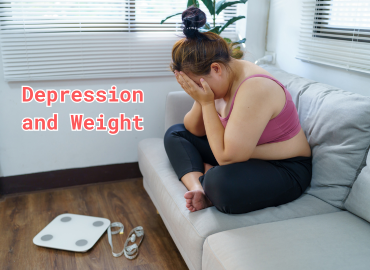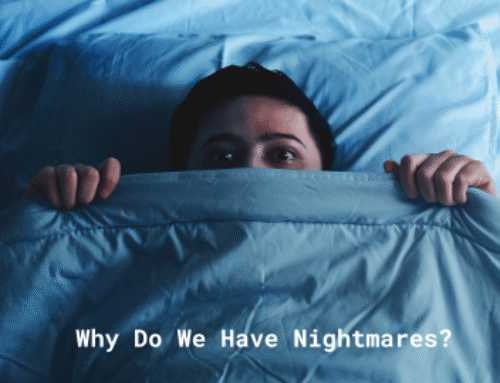Depression and Weight
Have you ever noticed how food and mood are often tied together? Hot tea is comforting. A sugary snack can be a pick-me-up. You might reach for a bag of chips when you’re really just bored. Diet can be a big part of our mental health and often goes overlooked when we’re looking at contributing factors to mental health conditions like depression.
One classic symptom of depression is anhedonia, or a lack of pleasure. People with depression frequently find themselves at a loss for motivation to carry out activities, even ones they enjoy. When we can’t find anything we want to do, food presents a likely option. We find much pleasure in food, and there’s nothing wrong with that. Humans celebrate and commune with each other by sharing meals, and cooking is an involved and creative hobby. But when
depression combines with disordered eating, it’s a cause for concern. When our brain cannot find a sense of pleasure and reward from the usual places, it seeks those good feelings in other places, often to an unhealthy degree.
When we are depressed and/or anxious, the level of a stress hormone called cortisol rises. High cortisol levels are associated with insulin resistance and obesity. Long-term stress can lead to consistently elevated insulin levels. This can lower blood sugar and contribute to cravings for sugary, salty, and fatty foods.
In another light, how one eats can be a measure of attaining and maintaining control of one’s
life. Also, another classic symptom of depression is feelings of guilt and a poor self-image. Restricting food intake can be a form of self-punishment. Depression is often associated with weight gain, but weight loss can be just as unhealthy for someone with depression.
When it comes to depression and weight gain, the lethargy that often comes with depression, plus feelings of withdrawal, can contribute to decreased physical activity. Hormonal imbalances can also cause unhealthy weight gain or loss. This can accompany a change in eating habits, but sometimes it happens on its own as the body changes how it absorbs and uses calories according to hormonal directions.
Society often stigmatizes mental illness as well as body type. Changes in weight, particularly weight gain, can cause someone’s image to take another hit, forcing them further into feelings of withdrawal and an increasingly low mood. Research shows that rates of depression are about twice as high as those who are not obese. This can lead the person suffering from depression to take further solace in food. The problem literally feeds on itself.
When seeking help for depression, always start with a consultation with your primary physician.
Be honest about your habits and any changes that you’ve noticed. They may want to run
diverse types of tests and refer you to specialists. We encourage our patients to keep a journal
so they can identify patterns and articulate their thoughts.
If you’re dealing with disordered eating and weight changes that you believe are associated
with depression, contact us to see what your options are. Write to us on our website or call
(585) 442-6960.




